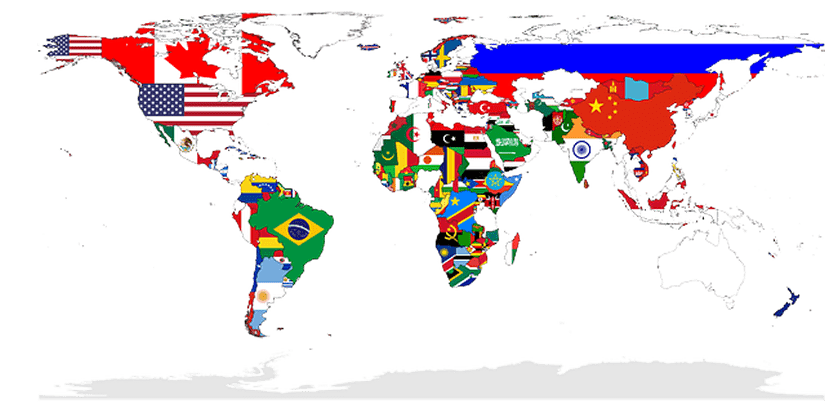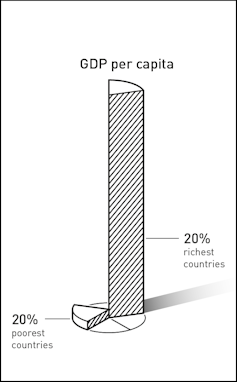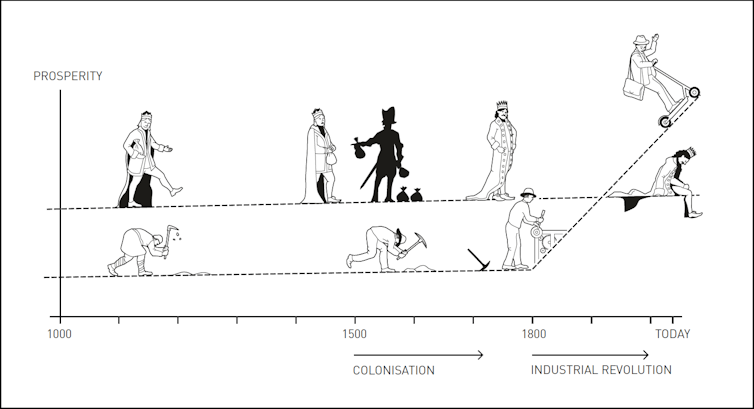By ForexTime
- Israel avoids attacking Iran’s oil facilities
- Brent sank 4% as markets refocus on global oversupply
- Japan’s ruling coalition loses majority in snap elections
- Japan’s political risks send USDJPY to 3-month high
- Bloomberg model: USDJPY set to trade between 150 – 156 this week
Oil and Yen have seen massive declines at the onset of this week
Brent oil tumbled over 4% before erasing some of its intraday plunge.
If these losses hold for the entire day’s session, this would mark the 3rd daily session with drop of more than 4% so far this month.
In other words, oil prices have endured a highly volatile month amid the ongoing Middle East conflict.

Oil sank today after Israel avoided attacking Iran’s oil facilities over the weekend.
Recall that, between October 1st through the 7th, Brent surged as much as 16% (using intraday prices) amid fears that the conflict between Israel and Iran could see the former targeting the latter’s oil infrastructure.
If so, that would have reduced oil supplies for global markets, and lower supplies tend to send prices higher, all else equal.
However, this much-feared event has been avoided this past weekend, with Iran’s Ministry of Oil announcing that the country’s oil activities are operating “normally”.
Traders and investors reacted by swiftly unwinding oil’s geopolitical risk premiums, with the market’s collective attentions reverting to the prospects of a global oversupply.
With more incoming supply expected in 2025, pending the OPEC+ decision due December 1st, coupled with still lacklustre demand out of China, no surprise that oil prices returned closer to the lows prior to this latest chapter in the Middle East conflict.
USDJPY soars to 3-month high
USDJPY punched above the psychological 153.00, with the Yen set to end the month as the worst-performing G10 currency against the US dollar.
At the time of writing, the yen’s month-to-date declines against the greenback stand at 6.3%, while its year-to-date drop now reads around 8%.

The yen sank after Japan’s ruling coalition, the LDP, failed to win a governing majority for the first time since 2009.
Despite the market’s initial reaction for a weaker Yen, there remains a lot of uncertainty about the immediate future of Japan’s political landscape and its implications for the economy, Bank of Japan rate hikes, and even the yen’s performance.
Here are some potential scenarios for Yen traders to mull over in the immediate future:
- A weakened ruling coalition may resort to a more populist stance on its government spending plans, which may include a looser monetary policy stance as well.
If so, this could set the stage for more yen weakness in the months ahead. - However, more fiscal spending accompanied with relatively low interest rates (loose monetary policy) could stoke inflationary pressures, which in turn may force the Bank of Japan (BoJ) to hike.
Greater odds of BoJ rate hikes could translate into a yen recovery. - Still, the Bank of Japan’s hands may be tied, perhaps reluctant to adjust interest rates amidst this fresh bout of political uncertainty which is highly unusual for the world’s now 4th largest economy (according to the IMF, Germany has now overtaken Japan as the world’s 3rd largest economy in 2023).
If the Bank of Japan is forced to maintain its rates at current levels, if may keep the Yen on the back foot, especially if doubts continue to percolate about whether the Fed can cut rates as much as previously expected.
Overall, the shocking outcome from Japan’s snap elections is bound to frame the Bank of Japan’s policy meeting this week, with its rate decision due this Thursday, October 31st.
Markets will be eager to know whether the BoJ’s hopes for normalising its policy settings have been dashed by Japan’s ongoing political turmoil.
Look out for what BoJ Governor Kazuo Ueda signals about policymakers’ thinking in light of this ongoing political risks out of Japan.
At the time of writing, Bloomberg’s FX model forecasts a 71.5% chance that USDJPY trades between 150 – 156.13 this week.
 Article by ForexTime
Article by ForexTime
ForexTime Ltd (FXTM) is an award winning international online forex broker regulated by CySEC 185/12 www.forextime.com




 Daron Acemoglu, Simon Johnson and James A. Robinson.
Daron Acemoglu, Simon Johnson and James A. Robinson.




